News

Hear people out on EEC
Bangkok Post 25 July 2019 | Editorial
As the state authorities responsible for the Eastern Economic Corridor (EEC) boast of progress in the mega-development project, which spans Chachoengsao, Chon Buri and Rayong provinces, a group of local villagers who will be adversely affected by the flagship project are speaking out against it. Such opposition has become familiar.
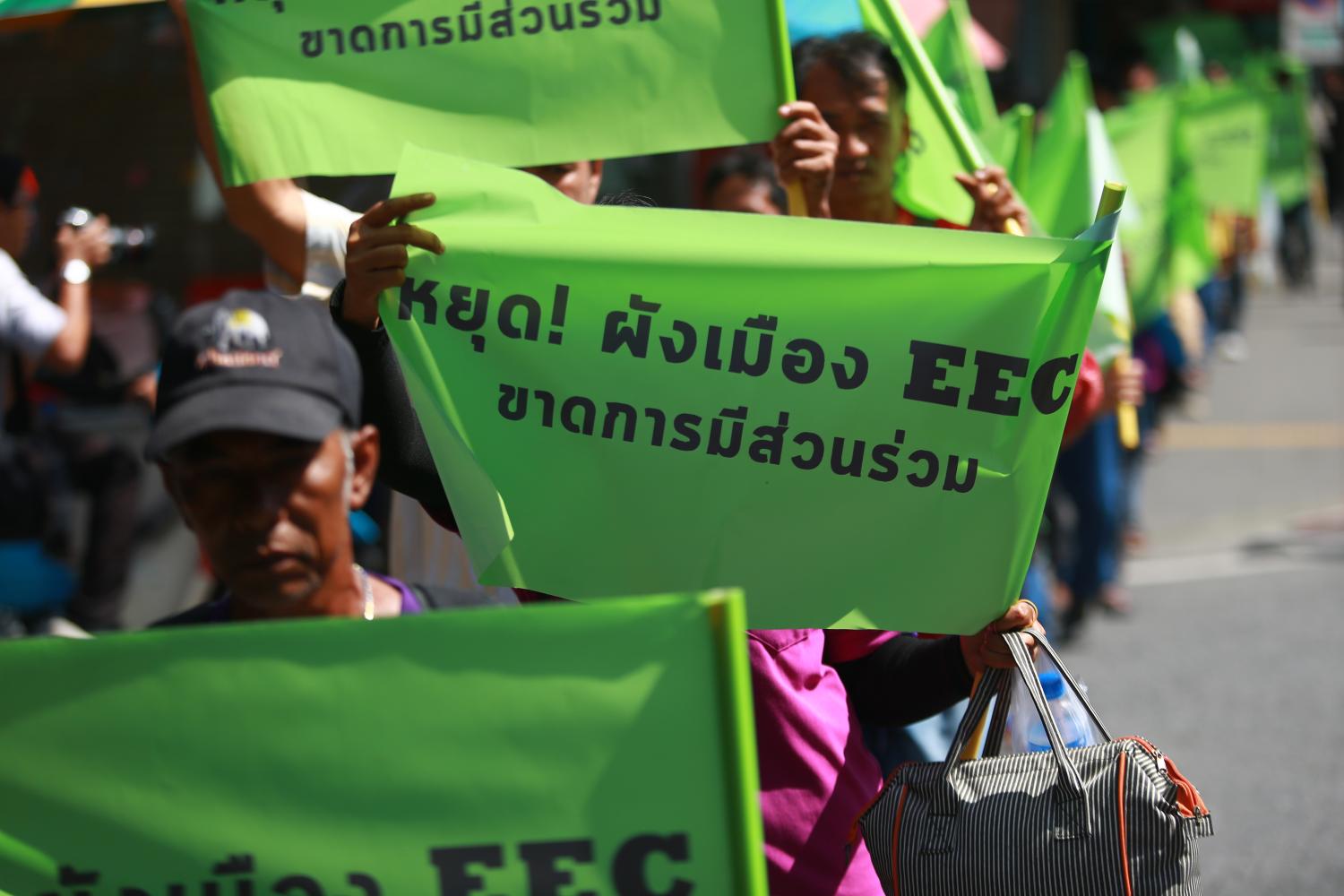
Calls for suspension of EEC city plan
Bangkok Post 24 July 2019
Activists say draft lacks local input
A group of residents is urging Prime Minister Prayut Chan-o-cha to suspend a city plan being mulled for development of the Eastern Economic Corridor (EEC) project, saying it lacks local input.
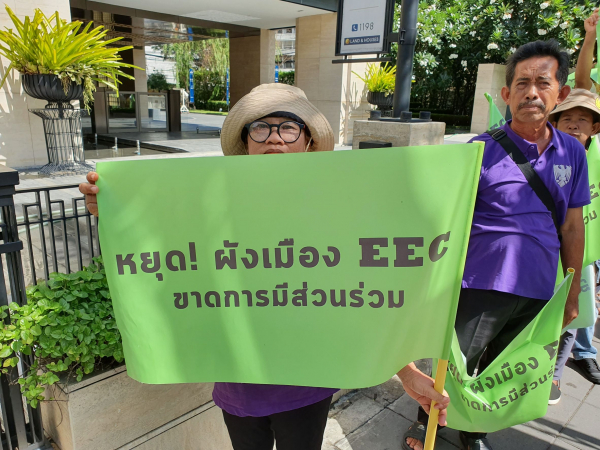
EEC protests could escalate, government warned
The Nation 23 July 2019 | PHUWIT LIMVIPHUWAT
Opponents of the Eastern Economic Corridor city plan have warned they will escalate their protests and might ask the Administrative Court to halt the project indefinitely if the Eastern Economic Corridor Office (EECO) refuses to postpone the draft finalisation beyond August 9 to allow for more public input.
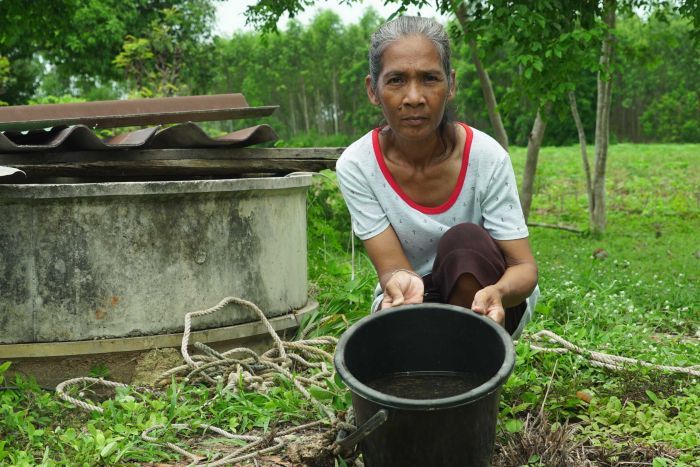
Recycled electronics are turning Thailand into a 'dumping ground for hazardous waste'
ABC Australia 16 July 2019 | Kathryn Diss
Electronic waste from Western countries, including Australia, is flooding the shores of South-East Asian nations like Thailand, sparking fears of air and water pollution.
In Thailand, scores of new sorting and recycling companies — many of them illegal and with Chinese shareholders — have sprung up in provinces surrounding the country's main port of Laem Chabang. The agricultural district of Chachoengsao, east of Bangkok, is one of the provinces which became a dumping ground for e-waste.
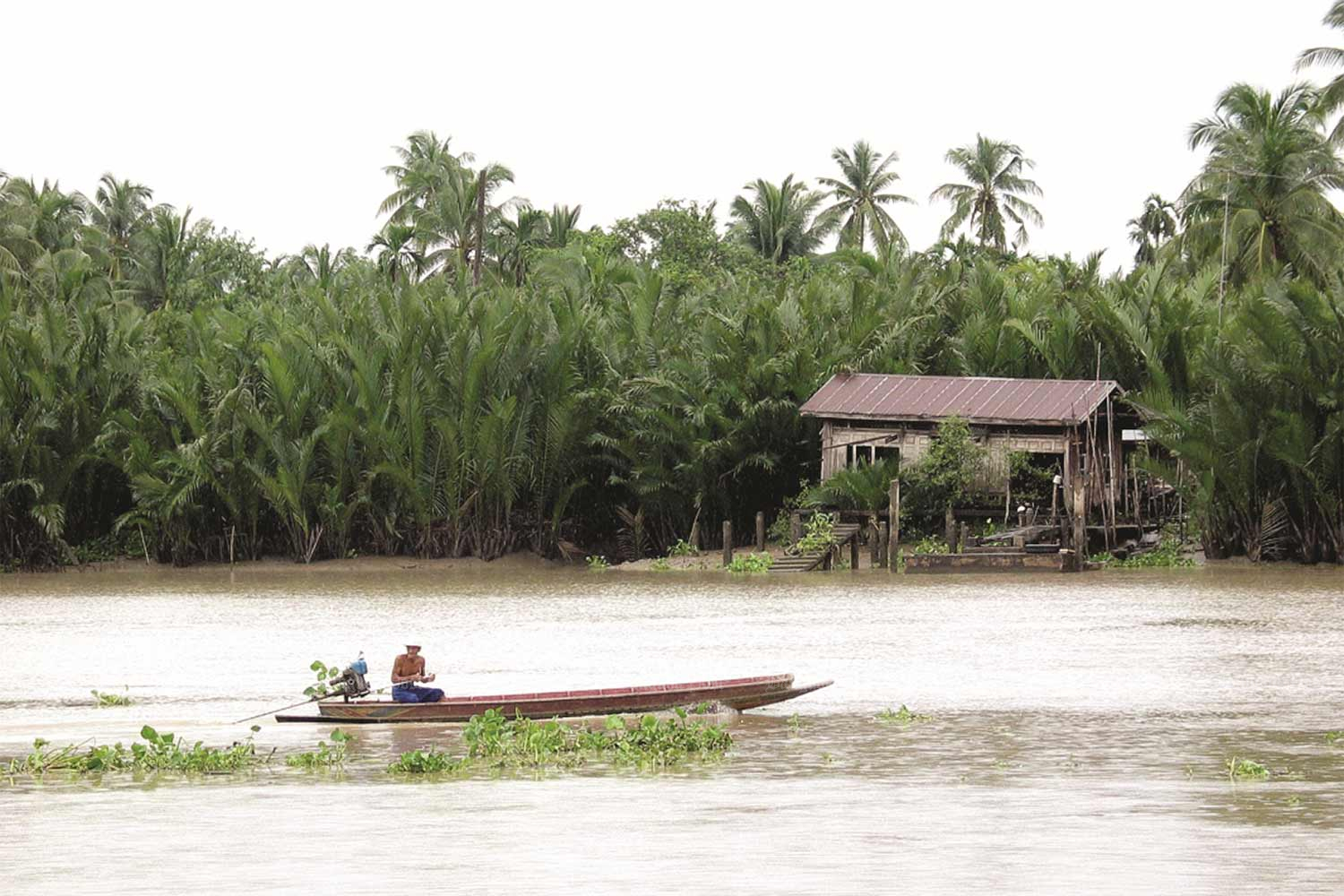
EEC megaproject draws flak from residents
Bangkok Post 14 July 2019 | Sonthanaporn Inchan
The Eastern Economic Corridor (EEC) is a well-known flagship megaproject of the military government. The project aims to turn most of the land in the three provinces of Chachoengsao, Chon Buri and Rayong into industrial zones.
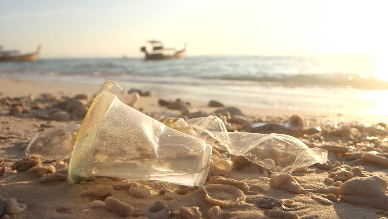
Thailand and ASEAN attempt to curb marine debris
Thai PBS 09 July 2019
In an effort to eliminate marine plastic debris, the 10 member states of ASEAN (The Association of Southeast Asia Nations) has adopted “The Bangkok Declaration on Combating Marine Debris in the ASEAN Region” at the recent 34th ASEAN Summit in Bangkok.
ASEAN officials describe the document as a testament to the group’s joint attempts to address the problem in a serious and sustainable manner.
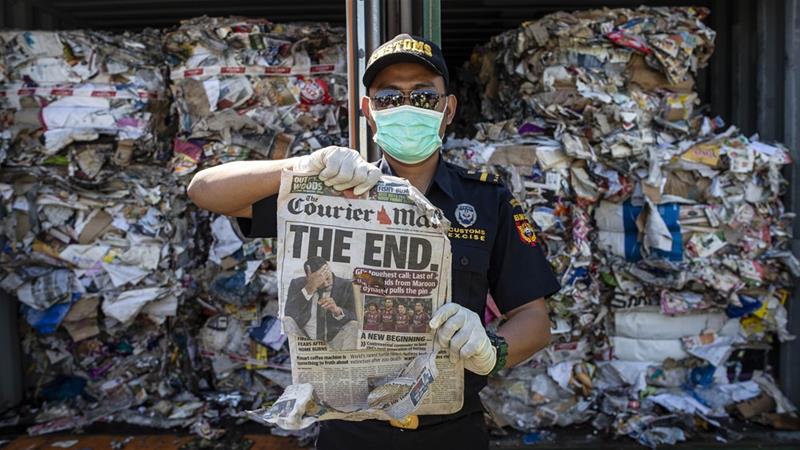
Indonesia to return 210 tonnes of waste to Australia
Aljazeera 09 July 2019
Hazardous material and household rubbish found in containers that should have had only waste paper, authorities say.
Indonesia has said it will send more than 210 tonnes of rubbish back to Australia in the latest move by a South East Asian nation against serving as a "dumping ground" for rich countries.
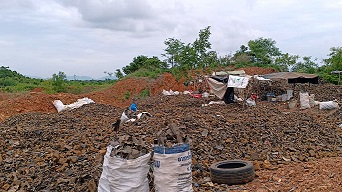
E-waste mountain discovered in protected forest, headman suspected
The Nation 08 July 2019 | Thanapat Kijjakosol
A headman in Sa Kaew province bordering Cambodia has been accused of helping operate an illegal waste site in protected forestland where a mountain of industrial and electronic waste has been dumped.
The suspect was identified by a military source who joined a 100-strong security team that inspected the 20-rai plot of conserved "Zone C" forestland in Wang Nam Yen district on Monday.
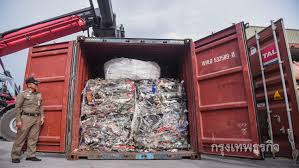
Customs enacts urgent waste smuggling measures
The Nation 05 July 2019
The Customs Department has implemented urgent measures to prevent smuggling of electronic and plastic waste into the country after Bt17.5 million worth of the waste shipments were intercepted, the department chief said.
Customs Department director-general Krissada Jinawicharana said 103 cases of smuggling the undesirable waste were intercepted by his officials during the 2018 to 2019 budget year.
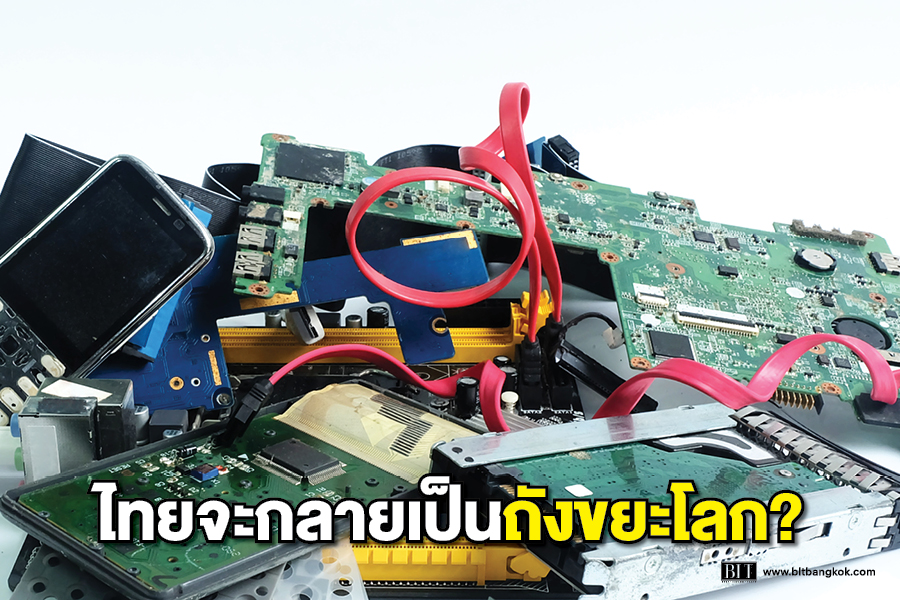
Thailand, ASEAN’s 3rd largest importer of plastic and electronic wastes
BLT 03 July 2019
In the past few years, ASEAN has been pushing away the shipments of plastic and electronic wastes (e-wastes) from around the world after China, once the largest importers of such materials, stopped accepting them in late 2017.
Statistics showed ASEAN’s imports of such wastes during 2016 and 2018 grew 171% and a survey by Greenpeace suggested that Malaysia, Vietnam and Thailand became top destinations for these items.


